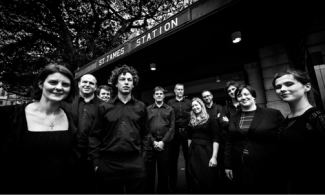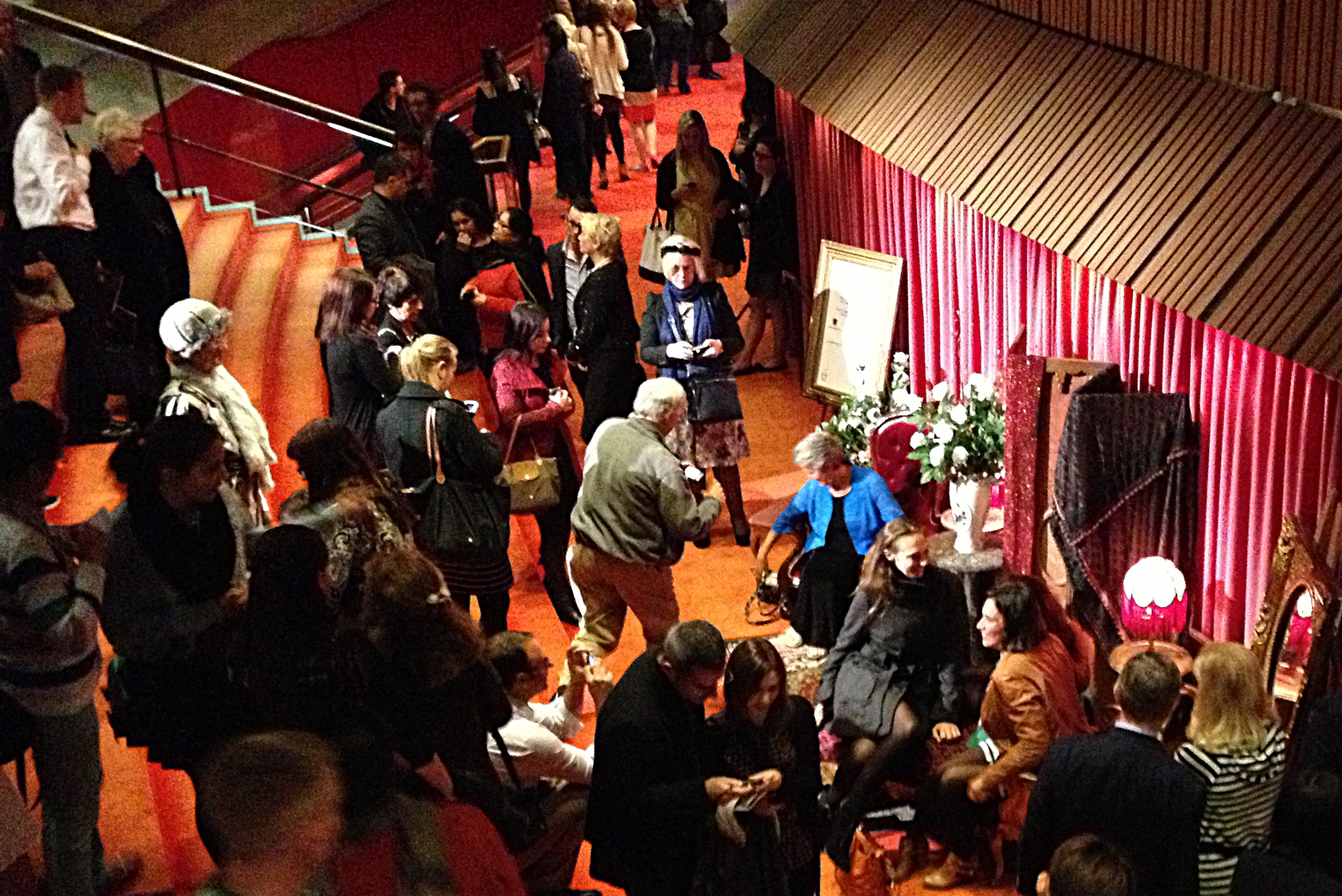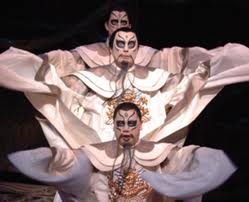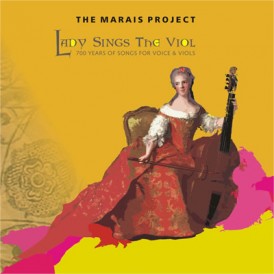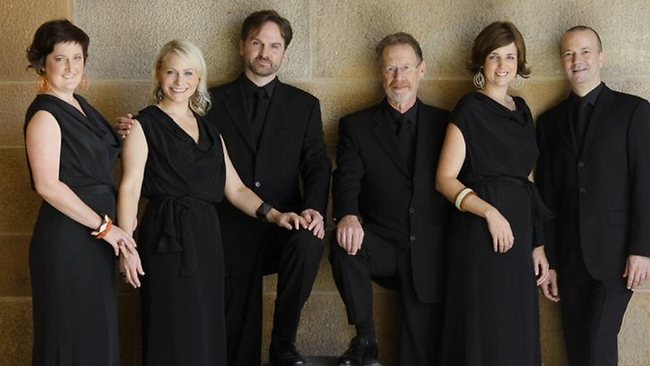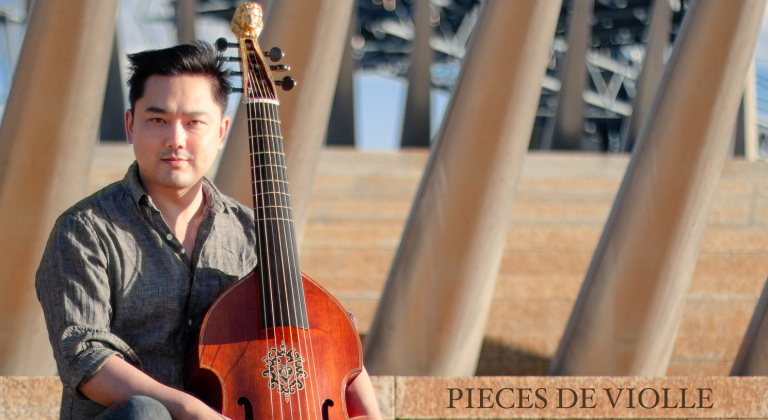Concert Review: St John Passion/ The Choir of St James’ and BachBand@St James’
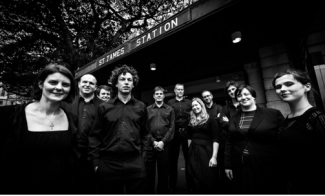
St John Passion,
The Choir of St James’ and BachBand@St James’ with Choristers from Santa Sabina College and Shore
City Recital Hall, Angel Place, Sydney
April 7, 2017
Written by Larry Turner
Performances of Bach’s Easter Passions in Sydney have become less frequent in recent years so it is very pleasing that three of Bach’s major choral works are being presented this year. One of these, the St John Passion was performed by the Choir of St James’ in its City Recital Hall debut. With its clear but warm acoustic it is an excellent venue for works of this scale.
The St John Passion is more concise than Bach’s later and more frequently performed St Matthew Passion, and places a greater emphasis on the high drama of the Easter events. Bach clearly thought very highly of it, reviving it at least four times, including during his last years. Warren Trevelyan-Jones, Head of Music at St James’ directed an excellent performance, avoiding extremes of tempo and other attention grabbing devices.
For this performance, the choir comprised 20 singers who collectively displayed all the virtues required of a superb chamber choir. The choruses in the St John Passion play a pivotal role and in their first explosive entries of ‘Herr’ the choir demonstrated their trademark discipline, incision and attack. As the performance progressed they displayed their accuracy, agility, diction and well blended tone. Their performances of the fierce crowd choruses were appropriately ferocious and explosive. This is a choir that can be depended upon to provide fine performances in this repertoire.
The chorales were augmented by the sopranos and altos from Santa Sabina College (managed by the redoubtable Karen Carey) and tenors and basses from Shore. They sang accurately and their contribution provided an important change of tonal quality since their participation simulated chorale singing by a congregation – which was likely to have occurred in the original Leipzig performances.
The highlight of the evening was the outstanding performance of Richard Butler as the Evangelist. Vocally, Butler was completely comfortable, both with the technical difficulties and the high tessitura of the part – although admittedly at a lower baroque pitch. Butler’s sense of the drama in delivering the narrative was superb. His carefully chosen pacing, dynamics, excellent diction and his thoughtful delivery of the German text all made this an exceptional performance. He also displayed admirable stamina throughout the long evening, especially since he also sang the three tenor arias. The very difficult Ach, mein Sinn was sung as though the technical challenges simply did not exist. The arias do not really belong to the Evangelist and, although assigning them to the same singer was presumably for financial reasons, it nevertheless jarred dramatically.
The mezzo-soprano Sally-Ann Russell sang her two contrasting areas effectively. In Es ist vollbracht she created a hushed, poignant atmosphere which was enhanced by Shaun Ng’s delicately expressive playing of the viola da gamba. Von der Stricken was also very well sung, though the instrumental ensemble was a little dominant. The bass-baritone Christopher Richardson has an attractively full, rounded tone and sang expressively in his three arias. Trevelyan-Jones set a very fast a tempo for Eilt, Ihr angefochtnen Seelen which was not easily accommodated and did not allow the choral interjections to register as strongly as they should. This, however, was a rare departure from Trevelyan-Jones’s otherwise sensible and well-chosen tempi throughout.
The depth of talent in the Choir of St James’ was highlighted by the number of singers who stepped from the choral ranks to sing solo parts. The vocal projection and techniques for solo singing are quite different from those required for first-rate chorus singing and the ability of these singers to switch between them so readily is admirable. There was a particularly fine performance by soprano Amy Moore. Her attractive, clear tone is well suited to Bach and she successfully captured the contrasting emotions of her two arias.
Several other chorus members sang the roles of specific characters. Christus was sung by Phillip Murray whose rounded vocal sound was well suited to the music, but would have benefited from greater assertiveness and authority. Andrew O’Connor was very impressive as Pilate. He projected well and provided both the authority of a Roman governor as well as conveying Pilate’s empathy with the innocent Christ. Anna Sandstrom, Owen Elsley and Sébastian Maury each had smaller solo interjections and all delivered them very convincingly.
This performance marked the debut appearance of BandBach@St James, an instrumental ensemble formed especially for performances of Bach’s works with this choir. It includes many of Sydney’s most talented and respected early music professionals. This was an auspicious inauguration with many excellent individual performances. With further experience playing together, however, they should develop a more varied style and refine some aspects of internal balance. The strings displayed fine ensemble and much stylish playing. Baroque flutes, by their nature, are soft toned instruments but on this occasion they were dominated too much by the other instruments. The oboes initially had intonation difficulties but these seemed to be overcome during the second half. There was fine, firm playing from the baroque bassoon. The continuo of cello, organ and harpsichord provided reliably secure support, although the organ had a tendency to dominate the overall texture – particularly during the hushed episodes relating the death of Jesus.
In all, this was a fine performance and expectations of excellence from the musical forces of St James’ were not disappointed. Later this year they will be giving four performances of Bach’s cantatas in a liturgical setting. This will be in addition to their regular concert series, the first of which will be A Baroque Road Trip in their home church on 27 May.
SoundsLikeSydney©
Larry Turner is an avid attender of concerts and operas and has been reviewing performances for Sounds Like Sydney for several years. As a chorister for many years in both Sydney and London, he particularly enjoys music from both the great a capella period and the baroque. He has written programme notes for Sydney Philharmonia, the Intervarsity Choral Festival and the Sydneian Bach Choir and is currently part of a team researching the history of Sydney Philharmonia for its forthcoming centenary.

